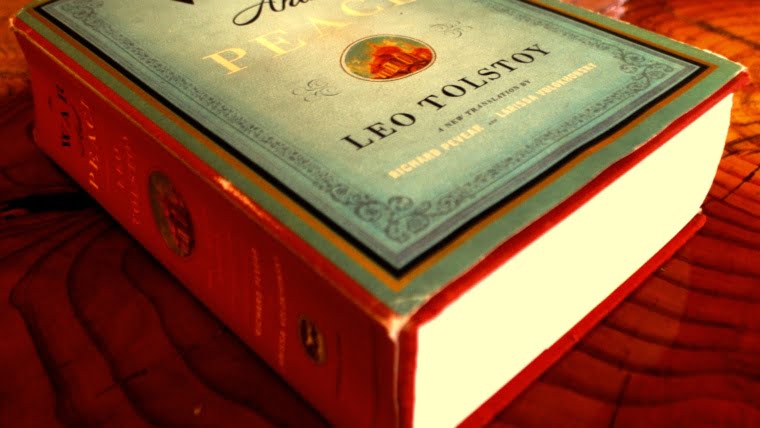The president of The Gambia has made a very big decision regarding the official language of his country. As he swore in the new Chief Justice, he made the announcement that he would no longer use the English language to communicate between governments.
In his own words, “We no longer subscribe to the belief that for you to be a government you should speak English language. We should speak our language.”
President Yahya Jammeh revealed his intentions on national television, sending shivers up the spines of political leaders who have previously predicted an uprising against British citizens. It’s certainly a show of independence and a way to drive the message home that the UK and the US shouldn’t expect parliaments to speak English as standard.
Making a Stand
Only a few months ago The Gambia withdrew from the Commonwealth, stating that it would “never be a member of any neo-colonial institution”. This was a bold move and appears to have been motivated by recent allegations made against the UK of secretly trying to organise a coup.
The West African country has always been favoured by travellers and luxury holidaymakers but many have expressed concern over the country’s human rights record. One such incident that sent shockwaves around the world was the sudden execution of nine death-row prisoners by firing squad.
Under the Spotlight
The Gambia is also under the spotlight along with many other cultures being scrutinised for their attitudes towards homosexuality. Amnesty International have criticised The Gambia and President Yahya Jammeh for the mistreatment of its sexual minorities.
This new development has forced the UK to withdraw aid until the human rights issues are addressed. Jammeh has retaliated by saying that the UK has no moral platform on which to lecture about human rights. He claims that The Gambia only garnered interest from the UK because of the abundance of ivory on offer and now that few elephants remain, the UK has resorted to selling Africans instead.
Always seen as a little unstable, Jammeh is claiming independence for his country, but as one of the poorest nations in Africa, this may be a case of cutting off his nose to spite his face.
